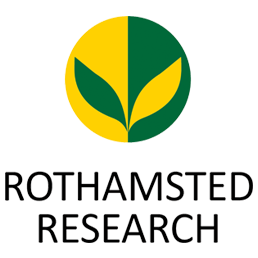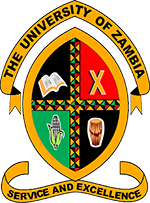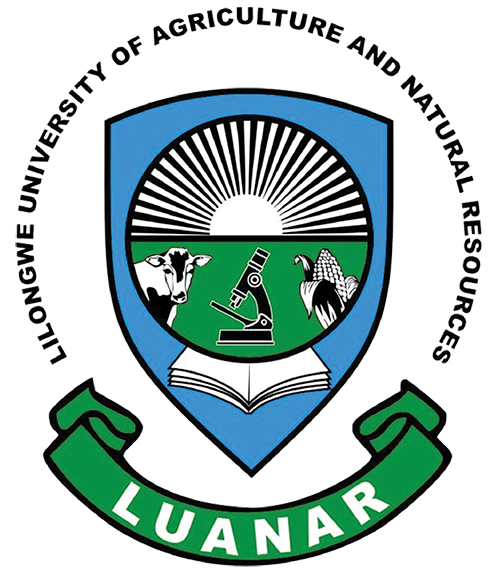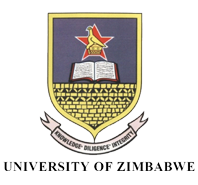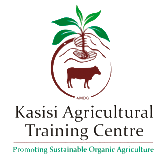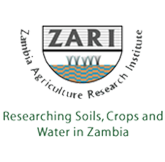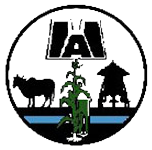GCRF CEPHaS is divided into six working groups (WGs), which are typically managed by two co-leads (Africa/UK). WGs1–4 are centred on the three demonstration sites, which constitute the core of the CEPHaS project, alongside a programme of formal training. Monitoring and evaluation, knowledge exchange, training and documentation cross-cut all six WGs and are essential to increase research capability and provide a legacy to project outcomes. WG co-leads will be changed in the second half of the project to provide development opportunities for earlier-career scientists in all countries.
WG 1 has three distinct, but complementary, objectives.
WG2 is focused on understanding how CA affects the movement of water from the topsoil, where roots are active, to the groundwater below and whether CA reduces or improves the recharge of groundwater. To do so, WG 2 will focus on establishing geophysical monitoring infrastructure in Zambia, Malawi and Zimbabwe, specifically using novel technology called time-lapse electrical resistivity tomography (ERT) to make images of water in the ground at depth. Developments in this technology will allow us to link measurements of soil water and observations of groundwater in boreholes and 'fill the gaps' between the two.
We aim to establish and document replicable methods and experimental designs that can be used for subsequent research. Research capacity will be delivered through formal and field-based training activities. The instrumentation will be maintained by in-country scientists to support long-term research into CA. In doing so, the project will strengthen research capacity through enhancing geophysical expertise and instrumentation, and facilitating the use of a novel tool for illuminating subsurface moisture dynamics.
Many people in Africa depend on groundwater, so the process by which it is replenished ('recharge') is very important. However, little is known about how CA practices affect recharge. WG 3 will deliver a research platform with appropriate instrumentation and results from monitoring during the lifetime of CEPHaS to quantify groundwater recharge under different agricultural land use (e.g. CA and conventional). This will be delivered through experiments at the plot scale and also at a larger field scale (satellite sites) enabling groundwater responses to be evaluated at the appropriate scale. We aim to establish and document replicable methods and experimental designs, which can be used for subsequent research. Research capacity in hydrogeology techniques will be delivered through formal and field-based training activities.
WG 4 has two distinct but complementary objectives.
WG 5 assesses research capacity at institutional level. Researchers within the Centre for Capacity Research (LSTM) will undertake structured assessments of partner institutions to assess research management and support capacities as well as strengths and weaknesses in current conservation agriculture research capacity. Findings from the baseline assessment will then be used to identify priority, institution-level capacity gaps that CEPHaS will aim to address over the course of the programme. Along with institutional capacity assessments, a bespoke reflective learning programme will be conducted, the outcomes from which will inform programme level decision-making regarding allocation of consortia resources and/or implementation of consortia activities.
The main role of WG 6 is to identify knowledge gaps on CA and inform research agendas of other WGs so that CA can be better applied and knowledge promoted to benefit smallholder farmers. There is a wide diversity of biophysical and socioeconomic conditions under which CA is or can be practised by smallholder farmers in southern Africa, and there are numerous knowledge gaps with regards to the performance of CA and the dynamics under these varied conditions. WG 6 is tasked with identifying and prioritising research gaps so that immediate and relevant livelihood benefits of CA can be realised for farmers. This includes developing a framework of indicators of success and benefits of CA and drawing up a typology of CA practices among different farming communities.


CEPHaS is funded by Research Councils UK through its Global Challenges Research Fund programme.

